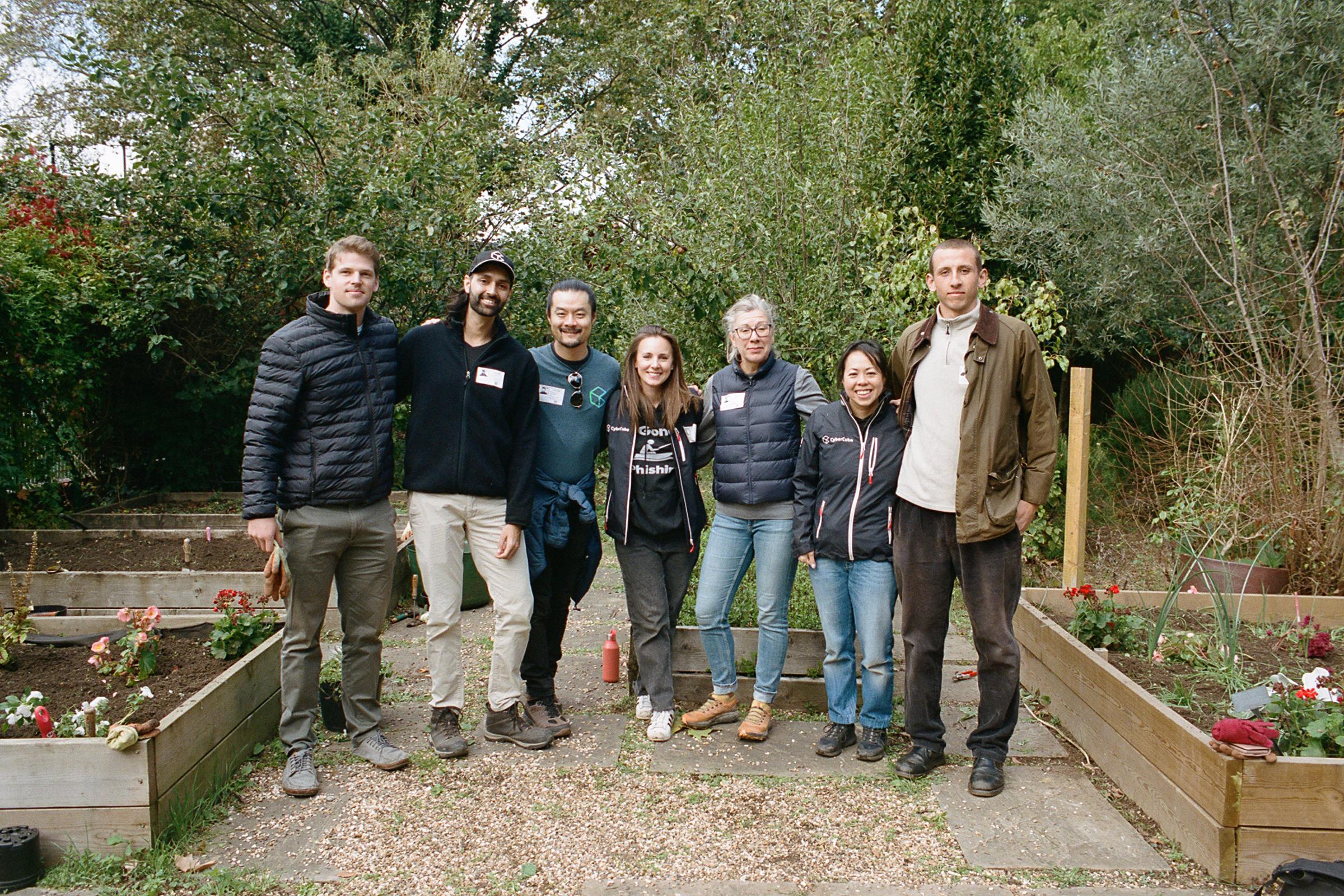Coming to terms with race and racism
At JRF and JRHT, we recognise that we cannot truly be anti-poverty organisations unless we are also anti-racist organisations. CEO Paul Kissack shares his personal reflections on how we understand racism in our society, and outlines our commitment to racial justice in our organisations and in our work.
Definitions matter. Being clear what we mean by certain terms and concepts is essential to meaningful debate and meaningful action. Yet all too often we enter debates without that common understanding, especially in the sphere of social and cultural policy, where concepts can be messy and contested. The debate about racism that followed the publication of the Sewell report a couple of weeks ago – ‘is Britain racist?’, ‘is there institutional racism?’ – was a striking example of this. Although the glaring inadequacies of the report itself received some attention, the crux of the political argument were quite different perspectives on what the concept of racism means.
On the one hand is the more commonly understood use of the term. This is a definition linked to specific acts – of thought, speech or action – which reveal a person to have a demeaning view of people of a different colour. But there are other definitions of racism – definitions that focus less on us as individuals, and more on the collective actions of communities and societies. Definitions that suggest a society is racist if it produces different, inequitable outcomes for different ethnic groups, as a result of the structures, rules, norms and policies that help to define that society. In this definition the concept of ‘institutional racism’ or ‘structural racism’ is meaningless – all racism is structural and institutional.
In such definitions ‘racist’ becomes less an individually pejorative term, and more a socially descriptive one. It is not binary but lends itself more to a continuum – all societies are racist to some degree. And it is less about individual behaviour or thought and more about systems in which individuals live: we have all grown up in structures and institutions that foster racism to some degree – we could not avoid that and cannot be blamed for it, and we cannot avoid it shaping our views and how we see the world.
These definitions of racism are more challenging for a couple of reasons. First, purely as a matter of language, it is challenging to take a word which we feel we know so well from common usage (focussing on bigotry) and expand it to cover a wider range of complex social issues.
Second, if we do accept these wider definitions of racism then it impels us to a different set of actions. It is no longer enough just to avoid committing overt acts of bigotry as an individual – or to call out such acts and challenge them. We must continue to do that, of course. But these societal definitions of racism ask much more of us. They require us to take action to challenge and change the social norms, policies, rules and structures that lead to inequitable outcomes. We are all active to some degree in perpetuating those systems in which we currently live and work and which produce the inequitable outcomes. The question we face as individuals, therefore, becomes whether we are content to be passive in accepting that, or whether we want to be active in trying to change those systems. In this conception, the opposite of racist is not ‘non-racist’, it must be ‘anti-racist'.
I grew up with the first definition and I never want to lose my focus on calling out acts of overt racial bigotry. But, having wrestled with this question over the last year, I think ultimately the wider societal definitions are better. They are intellectually and conceptually stronger – much more akin to the way we understand other social concepts, like patriarchy or indeed poverty. They are also more purposeful – providing a stronger basis for action. They urge us to recognise our own complicity in a system that produces racist outcomes – not because we are bad or bigoted individuals, but because we are born into, and are part of, systems that produce inequitable outcomes. And I believe that encourages us to approach the work of ‘anti-racism’ with a mixture of humility (we are part of the problem, and it is a big systemic problem, bigger than any one of us), but also with new determination.
This morning, the JRF Trustees and JRHT board issued a statement, acknowledging that the origins of our wealth as an organisation – from the Rowntree Company – have links to colonial practices including slavery and indentured labour, which are shameful. We are expressing, publicly, that we are sorry about this. I am proud to lead an organisation that carries the Joseph Rowntree name, and to take forward his legacy fighting for social justice in the UK. But with that comes a clear responsibility to acknowledge all elements of our history, no matter how uncomfortable. While JRF has long focused on addressing racial injustice as part of its wider mission to solve UK poverty, previously we have failed to connect racism and racial injustice to our own history. Today we are doing so.
We are also committing to redouble our work on racial justice as part of our overall mission. As the statement declares: “we cannot truly be an anti-poverty organisation, unless we are also an anti-racist organisation”. Although still at an early stage in our thinking we anticipate that our work to become an anti-racist organisation will adopt different areas of focus for JRF and JRHT alongside action to increase our own internal diversity across the group. Within JRF we want to work with others to make stretching plans to embed race equality within our work developing solutions to poverty and building public and political will for more action. This will include interrogating how we can better use our financial resources and our voice and influence as an investor, funder, and partner. For JRHT, we will explore how we can work with other housing associations and care providers as part of a coalition for positive change in the sector and in the communities we serve.
This work will require persistence and tenacity. It will also require creativity and willingness to take risks. As individuals, and as an organisation, there will be times when we successfully take action to challenge racist norms, and there will be times when we fail. We will also need to rely heavily on the voices and expertise of people from minority ethnic communities to help us make serious progress.
I am conscious that in making this pledge I do not speak from a position of personal lived experience of being disadvantaged by systems and structures. Being white, male, straight, middle-class, and non-disabled has, throughout my life in Britain, afforded me advantage. Over the last 20 years, as I have grappled with many different and complex aspects of economic and social policy, I have regularly returned to questions of racial injustice. But over the last year, in large part prompted by the Black Lives Matter movement, I have spent more time thinking more intensely about these issues than at any other point in my life. In doing so, my understanding has deepened and some of my thinking has changed. And I aim to keep learning.
I hope others will see this as invitation to join us in helping to make real this commitment for JRF-JRHT to be an anti-racist organisation by contributing your ideas and holding us accountable in the coming years.

This reflection is part of the race and ethnicity topic.
Find out more about our work in this area.
